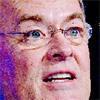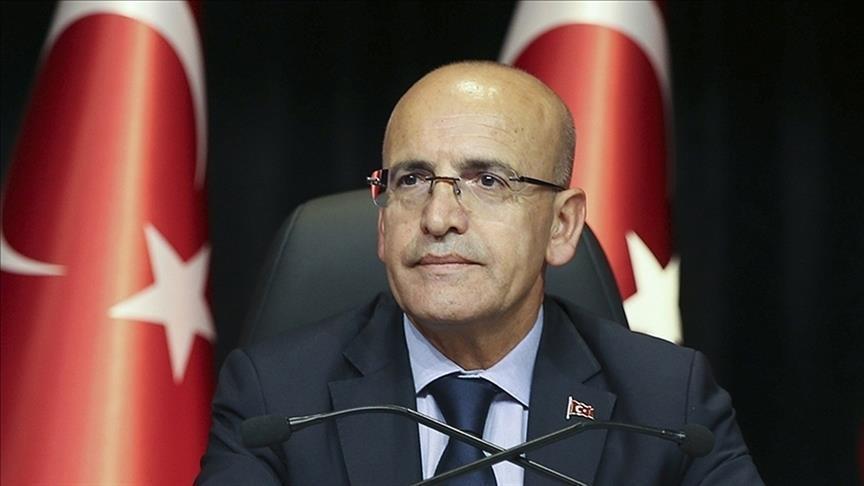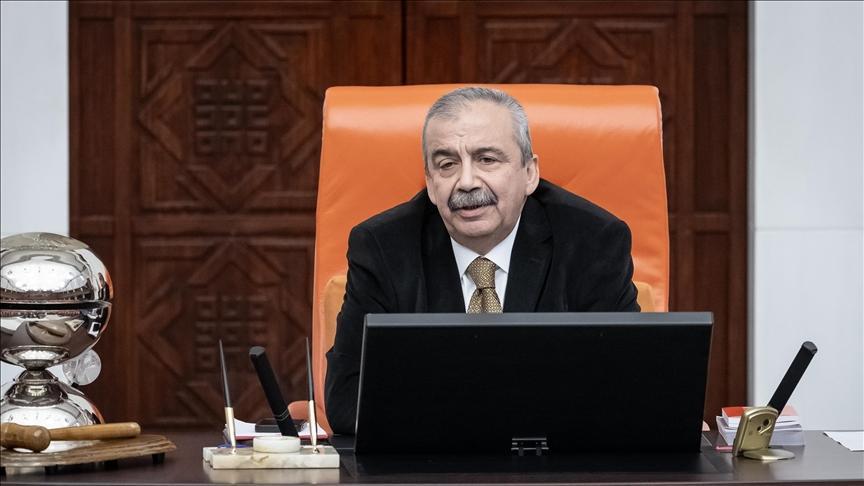Fed pushed for Merrill purchase, Lewis claims
Bloomberg

refid:11839627 ilişkili resim dosyası
Bank of America Chief Executive Officer Kenneth Lewis said federal officials pushed him to complete the purchase of Merrill Lynch after he became aware of "significant accelerating losses" at the New York-based brokerage.Lewis said in remarks prepared for congressional testimony on June 11 that Bank of America, the biggest U.S. bank by assets, contacted officials at the Federal Reserve and Treasury in mid-December, after shareholders approved the deal. The lender told the officials the bank was considering scuttling the transaction because of the losses, Lewis said.
"Treasury and Federal Reserve representatives asked us to delay any such action," Lewis, 62, said in the testimony, a copy of which was obtained by Bloomberg News. "Both the government and Bank America were aware that the global financial system was in fragile condition, and that a collapse of Merrill Lynch could hasten a crisis."
Questions about federal involvement in the Merrill purchase are likely to be a focus of Lewis’ testimony in Washington before the House Oversight Committee.
On Tuesday, the panel subpoenaed the Fed for e-mails and documents related to the acquisition after the committee was unable to obtain them through a request last week.
Bank of America faces congressional and regulatory scrutiny after accepting $45 billion in U.S. rescue funds, more than any bank except Citigroup. The bank wasn’t among the 10 financial institutions that won Treasury approval Tuesday to buy back $68 billion of government shares. Lewis in February told investigators for New York Attorney General Andrew Cuomo that he was pressured in December by Fed Chairman Ben S. Bernanke and then-Treasury Secretary Henry Paulson to complete the deal.
Claims rejected
Both Paulson and Bernanke said they hadn’t advised Lewis to conceal Merrill’s losses. "Questions of Bank of America’s disclosures were left up to Bank of America," Paulson said in an e-mailed statement in April.
In his prepared remarks, Lewis said the bank decided in September to buy Merrill because of the benefits it would provide. "We did so without any promise or expectation of governmental support," he said.
Upon learning of the losses, which culminated in a fourth-quarter deficit for Merrill of more than $15 billion, Lewis said the bank considered declaring a "material adverse change" clause that could have allowed Bank of America to end the pending deal.
At that point, "We commenced discussions to determine whether governmental support could limit the risk of proceeding with the transaction," Lewis said in the prepared testimony. "Officials of the company, the Treasury Department and the Federal Reserve discussed a plan to close the transaction, with the government providing assistance," he said. "Bank of America concluded that there were serious risks to declaring a material adverse change, and that proceeding with the transaction, with governmental support, was the better course."
The government in January agreed to a $138 billion aid package to help Bank of America absorb Merrill Lynch. The deal closed on Jan. 1. The bank is negotiating to cancel that agreement because improving credit markets make it no longer necessary, Lewis said last month.
Lewis said in his testimony that the Merrill purchase has helped cushion rising losses from its consumer businesses, and that "systemic havoc" could have been caused by allowing Merrill to fail.
"Much of the public is under the mistaken impression that Merrill Lynch has been costing us money; that just is not so," Lewis said. Merrill contributed 75 percent of the bank’s $4.2 billion first-quarter profit, he said in the testimony.
Criticism of Lewis’s handling of the Merrill purchase prompted shareholders to vote in April to oust the CEO from his post as chairman. Since then, the bank’s chief risk officer was removed and four directors have resigned, while four new board members were named last week, including former Federal Reserve governor Susan Bies and Donald Powell, ex-chairman of the Federal Deposit Insurance Corp.
Bank of America shares have declined 14 percent this year to $12.06, rebounding from $3 in March after fears lessened that the government would take a stake in the lender. The shares trade more than 50 percent below the price when Lewis became CEO in April 2001.
While its retail-banking businesses historically provided the bulk of Bank of America’s profits, Lewis said investment banking, trading and brokerage income from Merrill Lynch are now essential."More than any other bank, the fortunes of Bank of America’s consumer businesses are inextricably linked to the fortunes of the American consumer," he said. "When unemployment rises, so do our credit losses; when consumer spending and borrowing slow, so do our revenues."
















